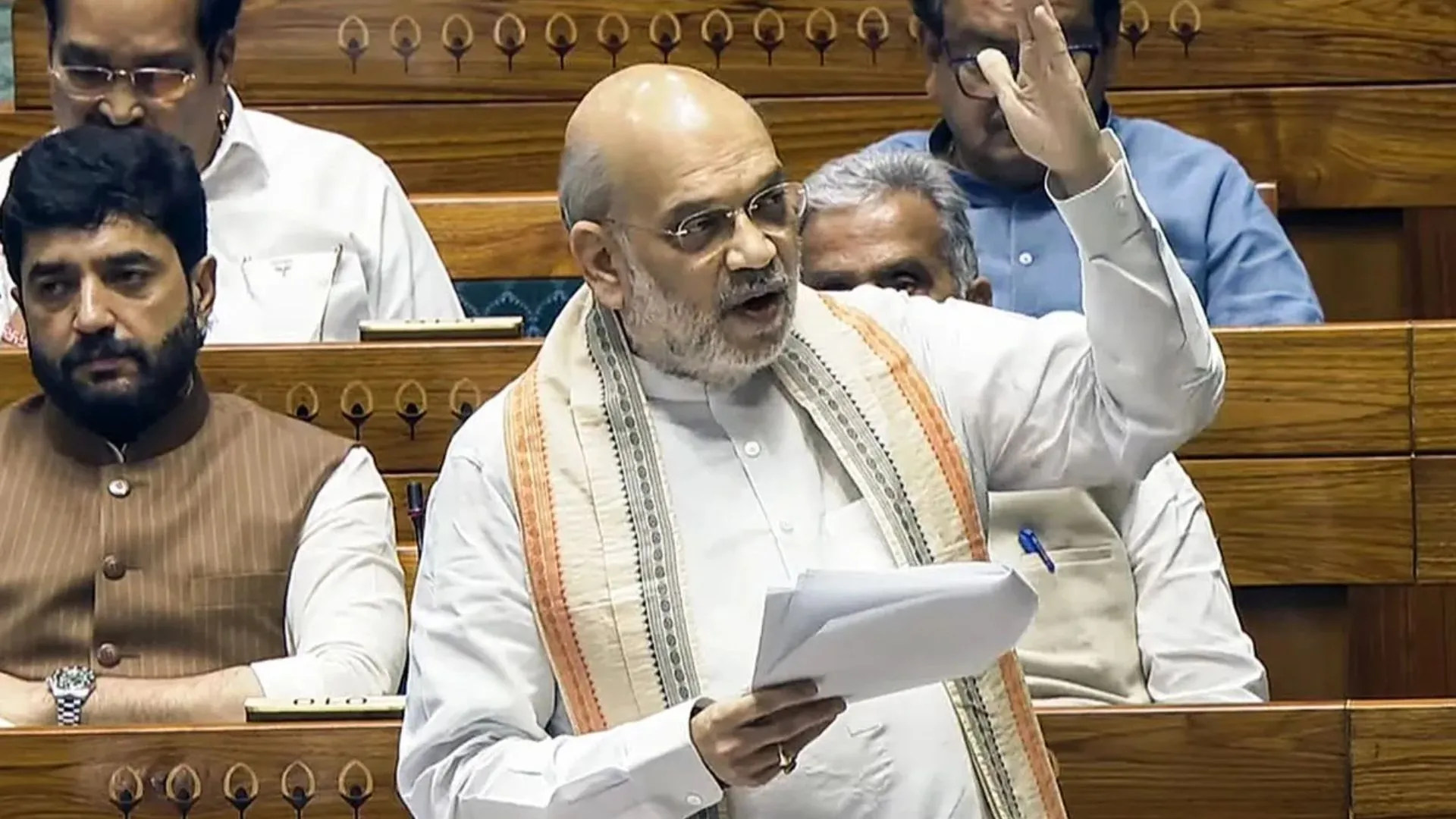Union Home Minister Amit Shah firmly dismissed allegations that the Waqf (Amendment) Bill, 2025, aims to interfere with the religious affairs of Muslims. He emphasized that the bill is designed solely to improve the management of Waqf properties and does not have any retroactive impact.
During a debate in the Lok Sabha, Amit Shah accused opposition members of spreading fear and misconceptions about the bill among the Muslim community.
Clarifying the Intent of the Bill
“I stand in support of the Bill introduced by my ministerial colleague. I have been carefully hearing the discussion going on since 12 noon…I feel that there are several misconceptions among several Members, either genuinely or politically. Also, through this House, attempts are being made to spread those misconceptions across the country,” he stated.
Shah assured that the bill contains no provisions for appointing non-Muslims in roles related to religious practices.
“Waqf Act and Board came into effect in 1995. All the arguments about the inclusion of non-Muslims inclusion are about interference in the Waqf. First of all, no non-Muslim would come into the Waqf. Understand this clearly…There is no such provision to include any non-Muslim among those who manage the religious institutions; we do not want to do this…This is a huge misconception that this Act will interfere with the religious conduct of Muslims and interfere with the property donated by them. This misconception is being spread to instill fear among minorities for their vote bank,” he said.
He further explained that non-Muslims would only be part of the Waqf Council and Board, handling administrative duties related to donated properties, ensuring their proper utilization under Waqf law.
Enhancing Waqf Administration and Oversight
Shah reiterated that individuals could only donate properties they own and not government or third-party properties. He clarified that the amendments focus solely on the Council and Board’s administrative provisions from the 1995 Act.
Minority Affairs Minister Kiren Rijiju, while moving the bill for passage, reiterated that the legislation is not retroactive and does not seek to expand central government powers.
“When our country has the largest Waqf property in the world, why hasn’t it been used for the education, medical treatment, skill development, and income generation of poor Muslims? Why has no progress been made in this regard so far?” Rijiju questioned.
Alongside the Waqf (Amendment) Bill, 2025, Rijiju also introduced the Mussalman Wakf (Repeal) Bill, 2024, for discussion and approval.
The bill, initially tabled in August last year, was reviewed by a Joint Parliamentary Committee led by BJP MP Jagdambika Pal. It seeks to enhance the efficiency of Waqf boards, streamline registration processes, and incorporate technology for better management of Waqf properties in India.
(Inputs from ANI)
ALSO READ: J-K Waqf Board Chairman Darakhshan Andrabi Defends Waqf Bill, Says It Promotes Muslim Welfare




